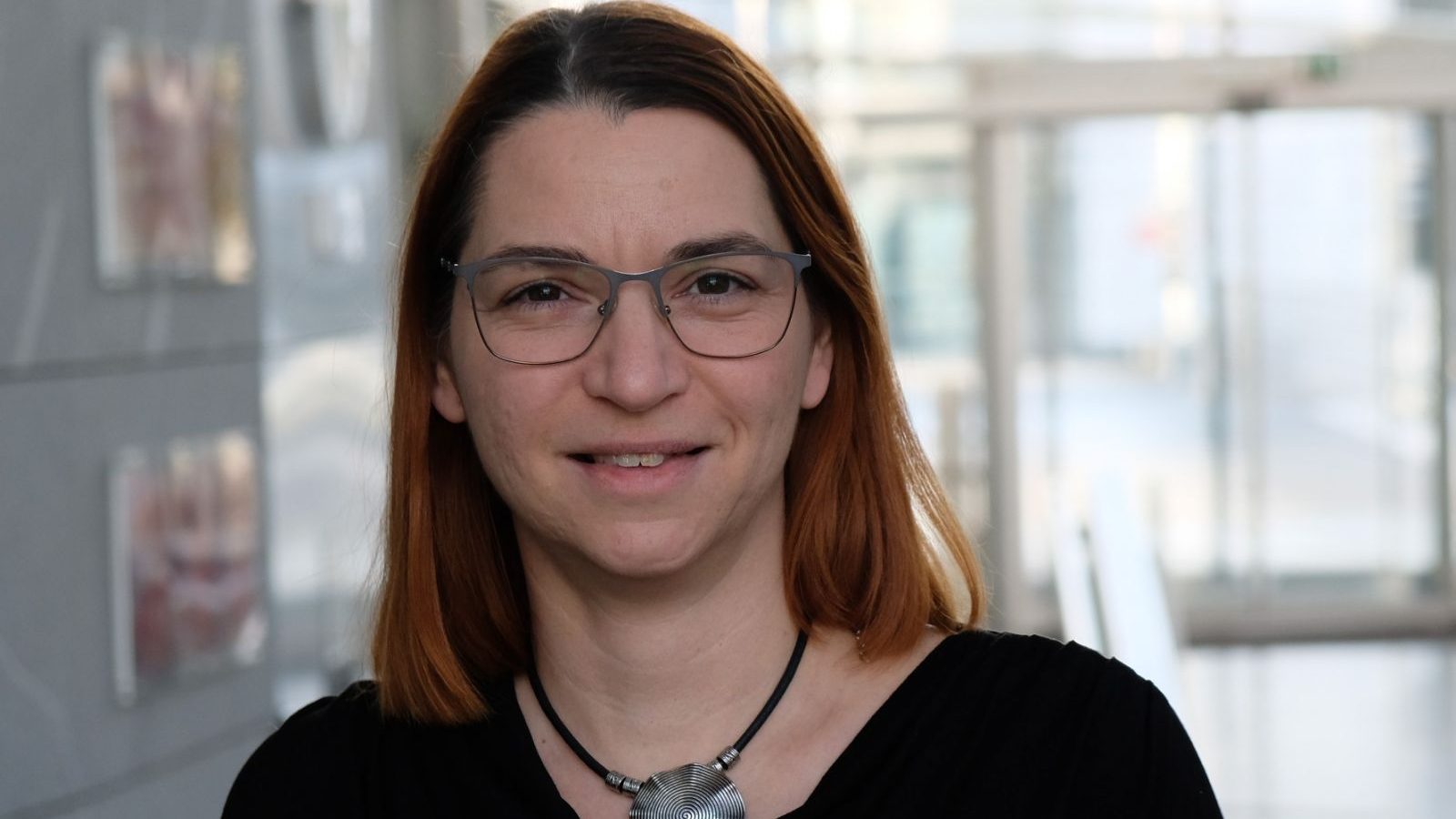Cystic fibrosis, for sick women pregnancy is no longer a mirage

The result is due to the arrival of the new modular drugs, molecules capable of contrasting the consequences of the genetic defect at the base of the pathology
They are more than doubled since 2019 pregnancies in women with cystic fibrosisa result that in the past seemed difficult to achieve and that is due to the arrival of the new ones Modular drugsmolecules capable of contrasting the consequences of the genetic defect at the base of the pathology. How do you explain this success? We asked him to Carlo Castellanipediatrician and geneticist, scientific director of the Foundation for Research on Cystic Fibrosis and Head of the Cystic Fibrosis Center of the Giannina Gaslini Institute of Genoa.
» New very innovative therapies that have the prerogative of recovering at least in part the function of the protein that is the basis of the diseasewhich is called CFTR, leading to a general and significant control of the disease – explains Castellani -. This implies that, while before for a woman with cystic fibrosis Pregnancy was a rarer event (partly for more compromised health conditions and partly for a greater viscosity of the vaginal mucus), Today for patients treated with modulators it is easier to physiologically obtain conception».
Do modulators improve fertility, but also affect the course of pregnancy?
«They affect indirectly, because being better means facing pregnancy in better physical conditions. On the other hand, the manufacturer suggests caution in use in pregnancy, also in consideration that experiences in this sense are still limited. It is a choice to be discussed with the woman, evaluating the pros and cons. And in most cases it is decided to continue ».
So there is no protocol?
«Every patient and every pregnancy has its own story. There are more engaged situations in which to remove the modulator could become risky and others a little more peaceful, in which the possibility with the patient should be discussed ».
One person out of 30 in Italy is a healthy carrier of cystic fibrosis and does not know. Is there a test to find out?
« There is a genetic examination, against the national health system but only for those who have a family history of cystic fibrosis, which can be performed on a sample of blood, saliva or cells of the oral mucosa. The test can be more or less sensitive, on average identifies 9 out of 10 carriers ».
When is it better to perform it?
«The ideal moment is when you think of planning a pregnancy, that is, before conception, because it leaves more options in case both the woman and the partner are carriers. We remember, in fact, that the children with cystic fibrosis arise from two bearers who have, at each pregnancy, a risk of 25% of having a sick child. The campaign « 1 out of 30 and you don’t know » aims to make people aware of the problems of this disease and the existence of the test. The choice whether to do or not do the exam is, of course, personal but it is important to know all the options. More information is available on the site www.testfibrosicistica.it».
Once the gestation has started, are there any exams to find out if the fetus is sick?
« In case both parents are carriers, a certain response can be obtained with a villocentesis towards the eleventh week. »
Are fetal therapies available to treat the sick child still in the belly?
«There have been some treatment reports, in the sense that the mother took on modulators who then passed through the placenta to the fetus and at birth the child did not present some events. They are still sporadic cases and we do not know if this is truly a road that we could travel or not. Today, if the prenatal diagnosis says that the fetus is affected, the couple decides whether or not to continue with gestation – explains Castellani -. If, however, the test is done before the start of a pregnancy, it is possible to carry out assisted fertilization and a pre -implant diagnosis with a system of non -affected embryos in the uterus ».
How much does cystic fibrosis affect male fertility instead?
« More than 90% of males are infertile, that is, they have an obstructivezoospermia due to congenital atresia of the deferent vessels, a condition that prevents the passage of sperm in sperm. The production of sperm at the testicular level is normal, but these then do not pass into the seminal liquid ».
What are the options for those who want to become a father?
« They can make assisted fertilization by withdrawing sperm at the level of the testicle or epididymus, a structure located above the testicle ».
Don’t Mohn Male Male Fertility improve?
«No, they are not needed for male fertility. In women they improve it, because they are subfertile, that is, unlike the not completely infertile males ».
Thanks to the modulators we talk about new cystic fibrosis, because the disease has a more manageable course. Are these therapies suitable for all the sick?
«You can take most of the sick, that is, those who have a certain type of gene mutation. In Italy an expansion of the number of eligible mutations is expected, which will however exclude about 10% of the sick ».
Are you doing research so that there are new therapies in the short term for this minority?
« Yes, certainly. The modulators for this type of mutations cannot be used even in the future, because they act by recovering the function of the CFTR protein, which in these people is totally absent. There are, however, of gene therapy research that aims to correct the genetic defect within the cells of the respiratory system, so that a normal protein is produced. Some of these are already in the clinical experimentation phase and Foundation is supporting a great project, which is called Gendel-CF, to develop vectors, or tools that manage to transport genetic correction systems inside changed cells ».







